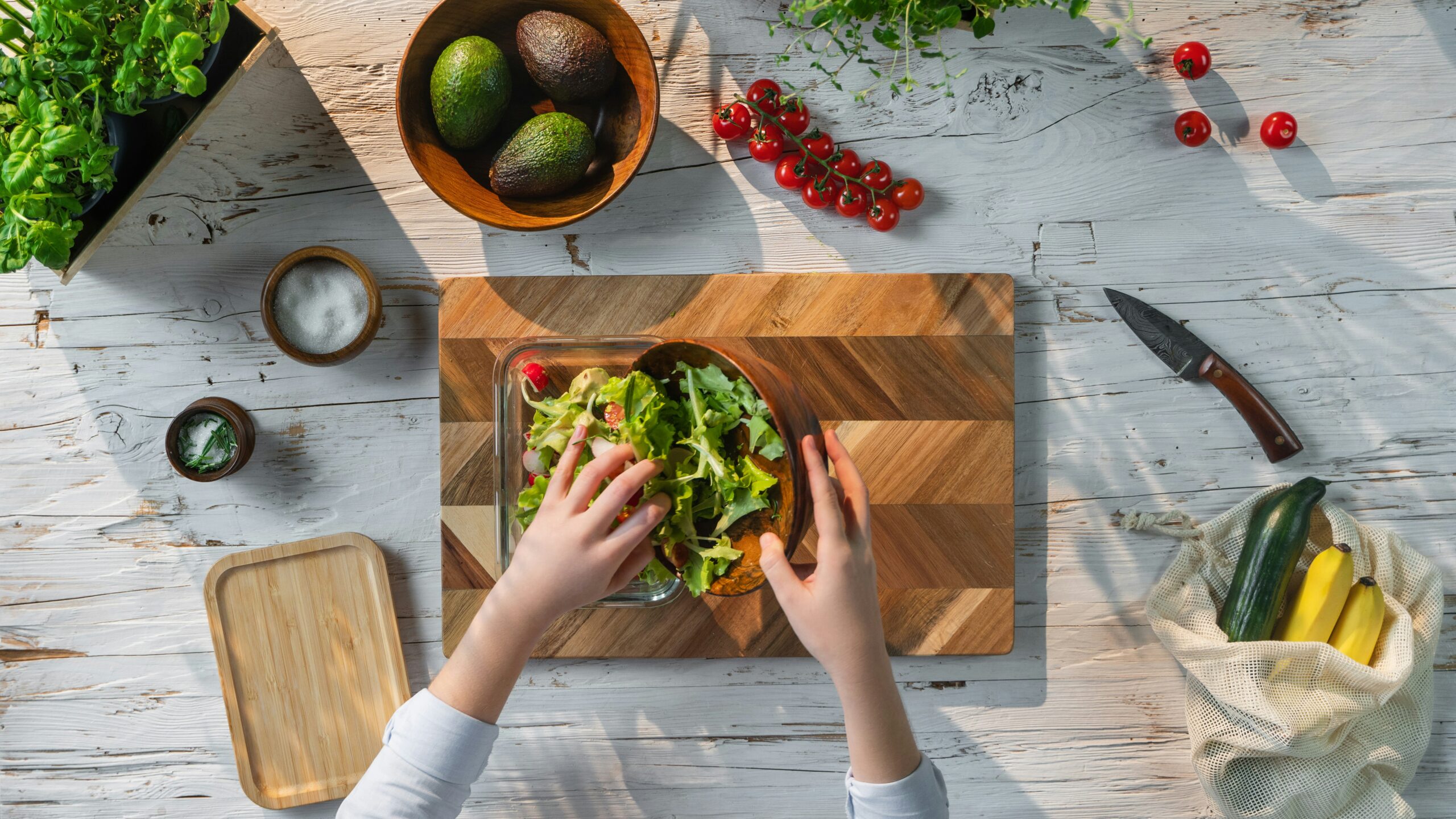
Zero Waste Kitchen: How to Cook Sustainably
Embracing a zero-waste kitchen is not just a trend, but a meaningful step towards sustainable living. By reducing waste and making mindful choices, you can contribute to a healthier planet while enjoying delicious meals.
Understanding Zero Waste Cooking
Zero waste cooking involves using every part of your ingredients to minimize waste. It’s about planning, creativity, and making the most out of what you have. According to the Environmental Protection Agency, food waste is a significant issue, with an estimated 30-40% of the food supply going to waste each year. This staggering statistic highlights the need for more sustainable practices in the kitchen.
Why Zero Waste Matters
Food waste contributes to environmental issues like greenhouse gas emissions and resource depletion. By adopting zero waste principles, you can reduce your carbon footprint. Chef and sustainable food advocate Tom Hunt suggests that zero waste cooking is not only environmentally beneficial but can also lead to substantial cost savings.
Personal Experience in Sustainable Cooking
As someone who transitioned to a zero waste kitchen, I found that it transformed my cooking habits. Planning meals with leftover ingredients became a creative challenge that sparked new recipe ideas. For instance, using vegetable scraps for homemade broth not only reduced waste but also enhanced flavors.
Actionable Tips for a Zero Waste Kitchen
- Plan Your Meals: Create a weekly meal plan to minimize excess purchases.
- Smart Storage: Store food properly to extend its life. Airtight containers are excellent for this purpose.
- Use Scraps Creatively: Vegetable peels can be used in stocks, and stale bread can become croutons.
- Compost: Composting organic waste turns leftovers into nutrient-rich soil.
- Buy in Bulk: Reduce packaging waste by purchasing pantry staples in bulk.
Zero Waste Kitchen Essentials
| Item | Purpose |
|---|---|
| Glass Jars | Store dry goods or leftovers |
| Reusable Bags | For bulk shopping |
| Compost Bin | For organic waste |
| Beeswax Wraps | Alternative to plastic wrap |
| Silicone Mats | Replace parchment paper |
| Stainless Steel Containers | Keep food fresh |
| Wooden Utensils | Durable and eco-friendly |
| Cloth Napkins | Reduce paper waste |
FAQs on Zero Waste Kitchen
How can I start a zero waste kitchen?
Begin by assessing what you currently waste and find creative ways to repurpose or eliminate it.
What are the benefits of zero waste cooking?
It reduces environmental impact, saves money, and promotes healthier eating habits.
Conclusion: Making a Difference
By adopting a zero waste kitchen, you contribute to a sustainable future. It’s about making conscious choices that lead to a healthier planet and a more resourceful kitchen. Start small and gradually incorporate these practices into your routine. With time, you’ll not only reduce waste but also discover a new appreciation for the ingredients you use.


